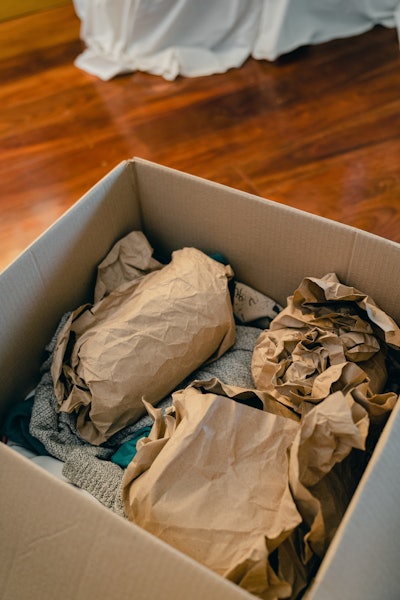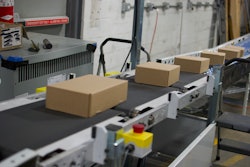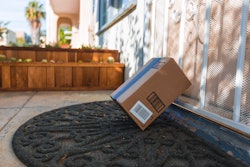
New research conducted by packaging specialists Duo UK has analysed the initial impact of COVID-19 and how changing consumer behavior and market trends are driving brands to rethink their packaging strategies.
The research has been carried out as an update to the Future of Packaging report released in March 2020, which surveyed 100 senior retail and business professionals to determine the trends, challenges and opportunities for business’ packaging strategies over the next decade.
Duo’s latest COVID-19 research found that, currently, 50% of business’ future packaging strategies will be influenced by the increase in online shopping. High street retailers have had to shift to e-commerce, while e-commerce retailers have had to cope with increased traffic, which in some cases has exceeded demand only seen during Black Friday sales. This is expected to increase further as more retailers develop their e-commerce strategies in response to COVID-19.
This uptick led to a number of challenges within retailers’ supply chains, with almost one in four (24%) citing ‘managing stock availability’ and 24% citing ‘increase in ecommerce traffic’ as the biggest supply chain challenges as a result of Covid-19.
According to recent research by FMCG Gurus, 40% of consumers globally now have a more positive perception of plastic packaging as a result of coronavirus. This monumental shift shows consumers’ views on plastic have changed, at least for now, prioritizing hygienically wrapped items or goods bought online that can be delivered directly to homes.
Duo’s Future of Packaging research found that 45% of companies believed ‘type of packaging material’ to be the most important factor influencing packaging strategies today. This increased to 57% when considering strategies over the next decade.
This has been reinforced by its COVID-19 update, which shows that 40% of companies also now believe that the increased demand from consumers for more sustainable packaging materials will have the most influence on their packaging strategies.
In addition, over half (53%) of respondents believe that ‘reducing environmental impact’ remains the most important factor defining packaging strategies in the next 10 years, indicating that change is on the horizon.
However, while brands look towards a sustainable packaging option for the future, the research highlighted that less than a third (28%) of businesses are prepared for the Plastic Packaging Tax due to be introduced in April 2022.
Anthony Brimelow, commercial director at DUO UK, said: “It is our collective responsibility to respond to changing consumer behavior, to drive change and build a better future. Our latest research considers the increase in e-commerce demand and how a life cycle-led approach to packaging strategies will deliver benefits to businesses across their supply chains, to people and the planet.
“We believe businesses have the power to drive change. COVID has provided an opportunity to create a new normal. It's time to harness these opportunities and accelerate change to find a sustainable way forward for packaging.”
Duo’s latest report provides new evidence and examples of forward-thinking organisations, such as premium lifestyle brand Joules and Regatta Group that have already started to implement changes to their packaging strategies in response to the changes in consumer behavior such as click and collect packaging, as well as utilizing materials and packaging design to enable closed-loop recycling and other efficiencies across their own supply chains.

















